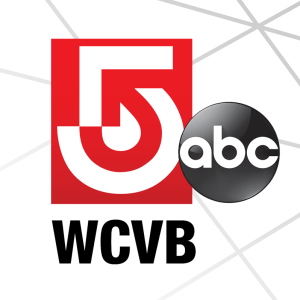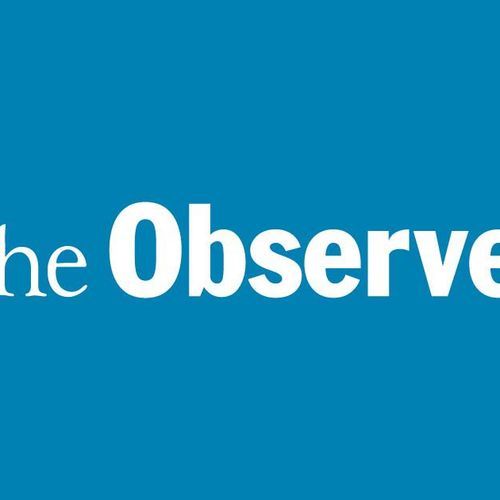The world’s most popular social network will turn the big 2-0 on Feb. 4. Before Facebook made teens log out in droves, it was one of the most coveted tickets for college students. Here’s a look at why Gen Z has such disdain for the site that inspired the film, “The Social Network.”
When Mark Zuckerberg first launched thefacebook in 2004 as a directory of students at Harvard and it was an instant success. It soon expanded its reach to other Ivy League schools and eventually to most colleges and universities in the U.S. and Canada. This was mostly before it got wise to drop “the” in its name.
By 2006, two and a half years after its debut, Facebook became available to anyone aged 13 and older with a valid email address. At the time, Facebook earned roughly $30 million per year in revenue, a relatively small social media fish in a pond dominated by MySpace.
While growing in prominence, it faced legal challenges from Tyler and Cameron Winklevoss, the twins who claimed they had the initial idea for Facebook.
The company would go on to purchase Instagram and WhatsApp, become a public company, and later change the parent company’s name to Meta, aligning with its newfound focus on the metaverse to leverage their purchase of virtual reality headset maker Oculus.
But how could a social network, created for college students, get the reputation for being generally uncool and for baby boomers?
It doesn’t appear to be a demographic issue. The biggest cohort is men between the ages of 25 and 34, which would fall within the millennial category. True boomers make up around 10% of its user base, but as any regular Facebook user can tell you, boomers tend to make themselves known on the platform.
Facebook may have 3 billion monthly active users, but it struggles to remain relevant with the youth. Still, Generation Z is expected to outnumber baby boomers on Facebook soon, if they haven’t already.
Ten years ago, 71% of teens between the ages of 13 and 17 said they used Facebook regularly, according to Pew Research. That number dwindled to 33% in 2023.
Teens, for their part, are flocking to short-form video apps like YouTube, TikTok, Snapchat and Instagram.
For Meta’s part, the comapany owns Instagram, which is the third-most-used social network in the world. A substantial portion of its users are in the 18 to 34 demographic, even if many of the videos are just reposts from TikTok.
Teens leaving Facebook might not be a bad thing for the company as it’s facing heated criticism for its harmful effects on teens. In recent years, the company stopped efforts to attract teens and is focusing on bringing in young adults to the social network.








































